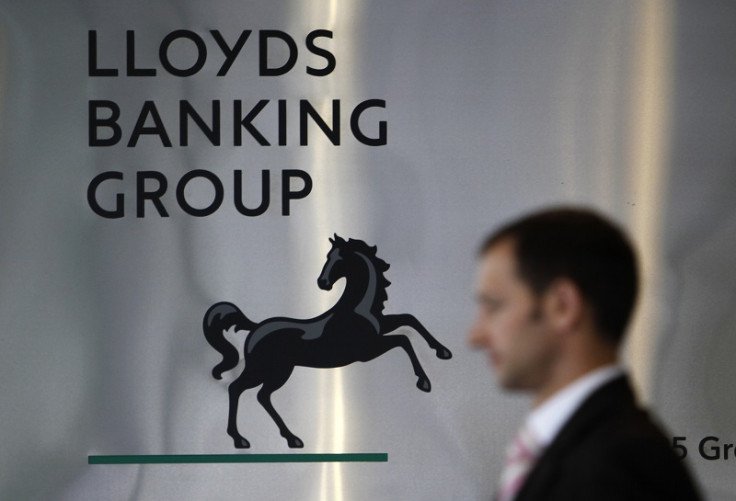Lloyds profit jumps to £1.19bn despite compensation costs increase

Lloyds reported a 38% jump in pre-tax profit to £1.19bn in the six months to 30 June 2015. The bank hiked profit despite the fact it reserved £1.4bn (€1.99bn $2.18bn) to compensate customers for mis-selling PPI (Payment Protection Insurance), bringing the total amount put aside for customer compensation to £13bn. In addition, the lender has taken out around £435 to deal with additional legal and regulatory matters.
"Today's results demonstrate the strong progress we have made in the first half of the year," Lloyds Chief executive António Horta-Osório commented on 31 July. "The improvement in our profitability and capital position has enabled the Group to announce an interim dividend payment of 0.75 pence per share to our shareholders. We remain focused on our aim to become the best bank for customers and shareholders while at the same time supporting the UK economy."
The bank's total net income was up by 2% to £5.7bn compared to the previous six months and flat from the first half year of 2014, with a 3% increase in income from net interest. The profit hike reported by Lloyds was largely due to lower impairment costs and an increase in interest margins of 0.27 percentage points.
Assets under management grew by £1.4bn to £28.4bn in the half year. The bank announced that it was considering a share buy-back programme through a one-off dividend payment.
Investec, which urged its clients to hold shares in Lloyds, said: "The underlying picture is not stellar. As expected, [quarter on quarter] trends have revenues down and costs up. However, due to near-zero impairments (£21m), [guidance] of £2.2bn is 13% ahead."
George Osborne, chancellor of the exchequer, said that the remaining 15% stake the government still holds in Lloyds, might be sold to private shareholders. The UK government has already shrunk down its stake in the bank from 43% to 15% after it bailed out the bank during the financial crisis. The PPI mis-selling has been one of the biggest waves of misconduct by City banks and has cost UK lenders more than £17bn to date.
© Copyright IBTimes 2025. All rights reserved.






















